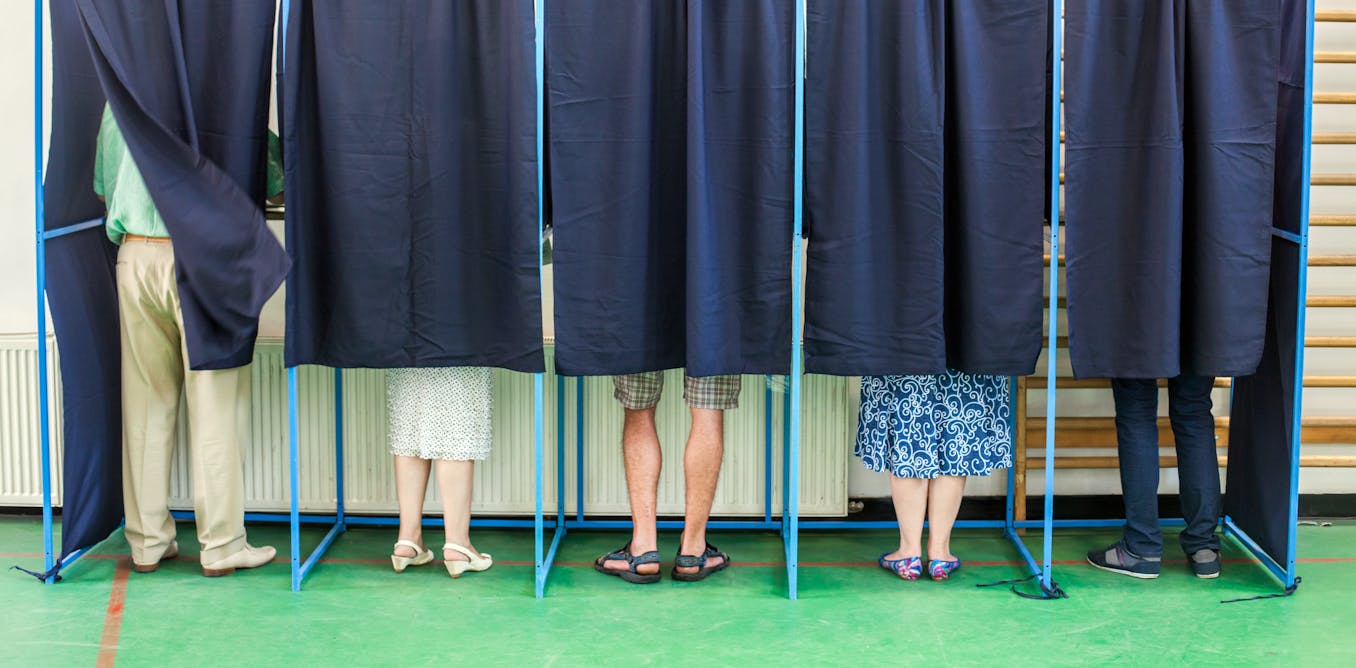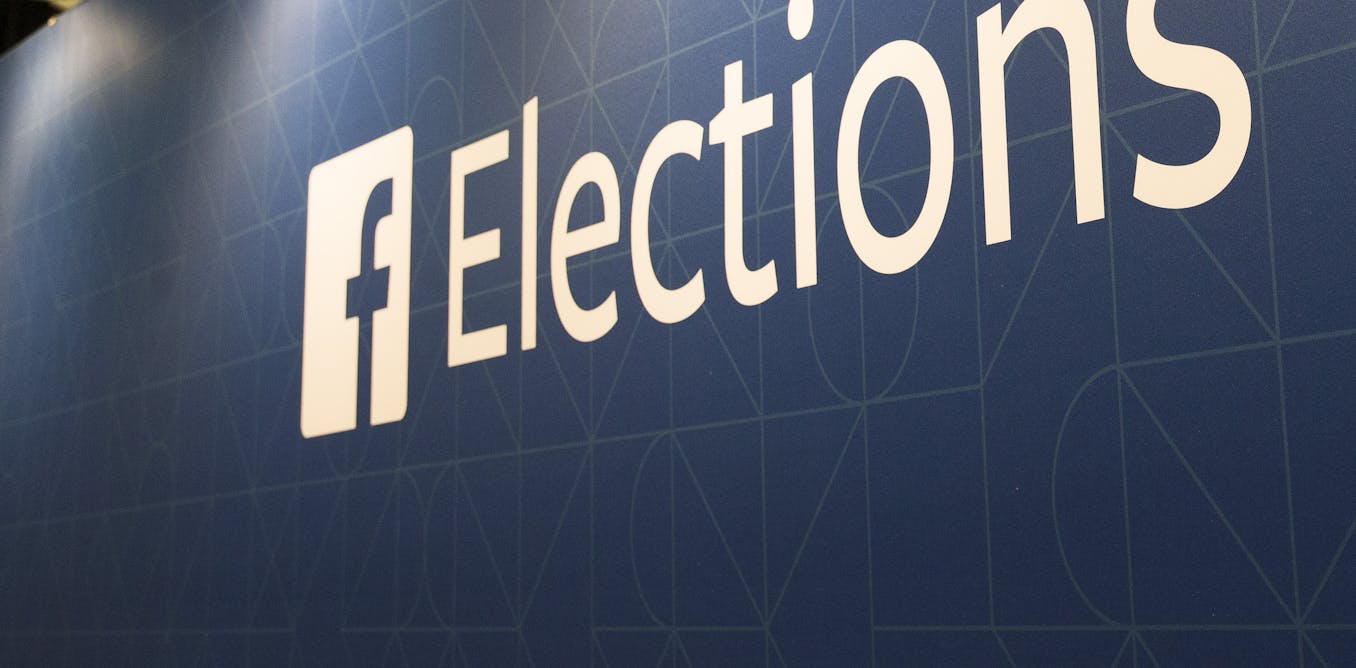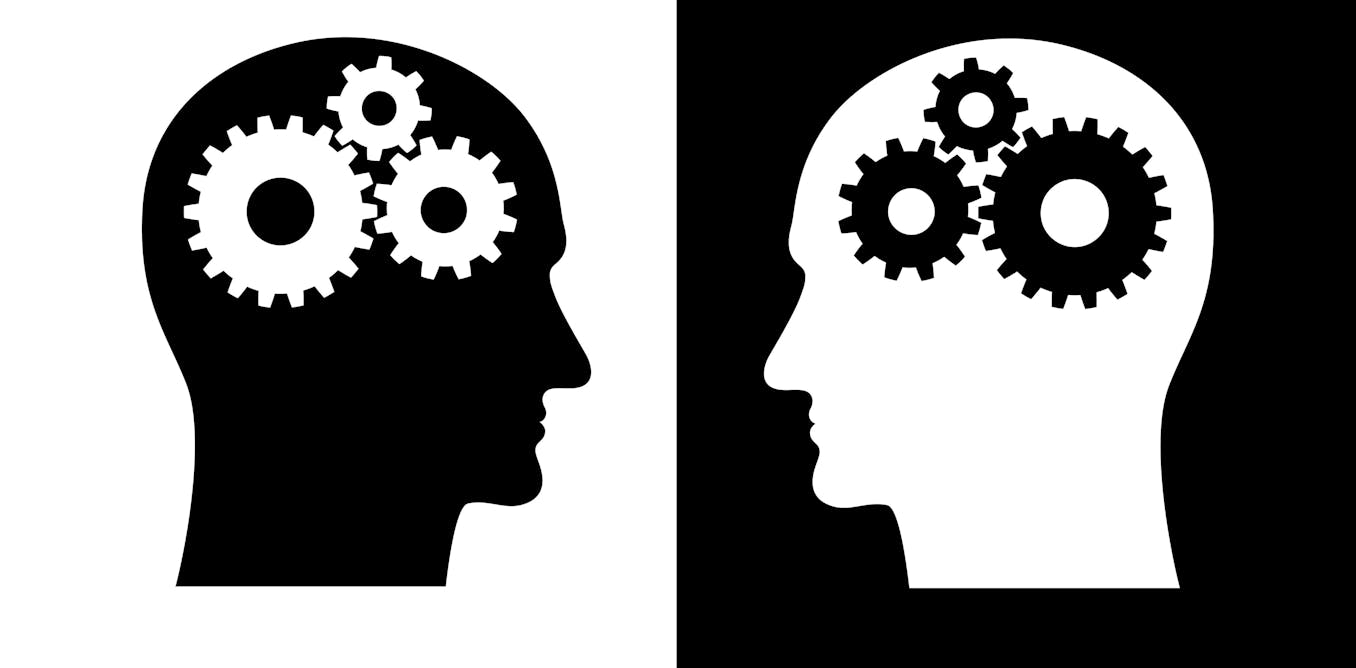Disinformation is often blamed for swaying elections – the research says something else
Most studies suggests that fake news is more likely to enhance existing beliefs and views rather than radically change voting intentions of those who are undecided.
Jan. 26, 2024 • ~8 min










